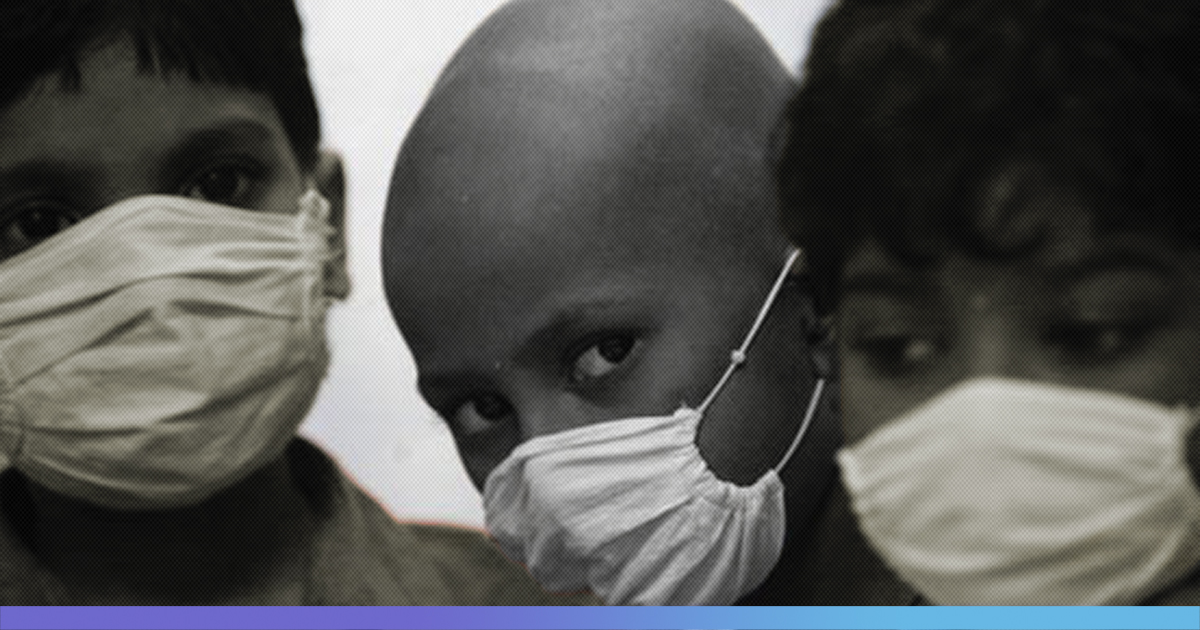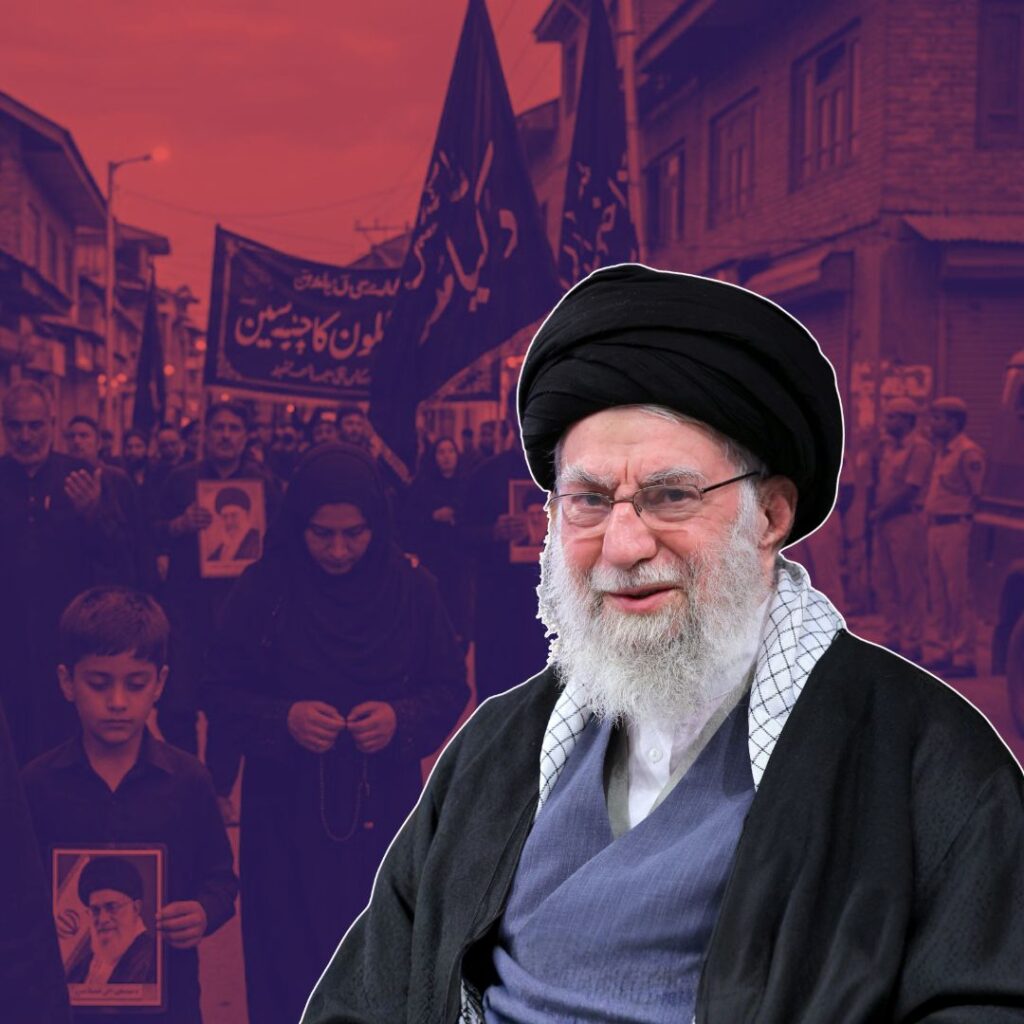A Lancet Oncology Study has found out that 82% of cancer cases among children come from poorer countries.
Among countries with the highest population of children, India along with China, Nigeria, Pakistan, Indonesia and the USA record the maximum burden of childhood cancer, as per the report published on July 29.
While the USA had the sixth-largest burden in 2017, Sub-Saharan Africa marked the highest childhood cancer types than any other region, according to the study.
“The number of new cancer cases in children and adolescents (0-19 years) is relatively low around 4,16,500 globally in 2017, but treatment related ill-health and disability and fatal cancer are estimated to cause 11.5 million years of healthy life lost globally every year,” the study said.
“Lack of diagnosis, access to healthcare and a younger population are responsible for disproportionately large childhood cancer burden in many of the poorest countries,” the study found.
The study calculates the annual toll of childhood cancer at over 11.5 million years of healthy life lost in 2017. This is in contrast with around 37 million years of healthy life lost globally due to malaria, and 7.6 million from tuberculosis.
In 2017, cancer was among the top four contributors to the burden of diseases in childhood in middle and high-income countries.
Children with cancer who live in high-income countries tend to have good survival rates, with around 80% surviving five years after the diagnosis.
However, these improvements have not been able to make way to most low- middle-income countries (LMICs) where survival is approximately 35-40%. Around 90% of children at risk of developing cancer live in LMICs, the study highlighted.
Children in the poorest countries have a higher cancer burden–contributing over 82% of the global childhood cancer burden-equivalent to almost 9.5 million years of healthy life lost in 2017.
97% of this global burden is related to premature death, with around 3% due to impaired quality of life, the study pointed out.
The study also estimates the number of years of healthy life that children with cancer have lost due to illness, disability, and premature death-a measurement referred to as ‘disability-adjusted life years ‘(DALYs).
One DALY is equivalent to one year of healthy life lost.
Disability in childhood cancer survivors was limited to the first 10 years after the cancer diagnosis, rather than across the whole life course, so the global burden of DALYs associated with childhood cancer is probably underestimated, researchers said.
The findings of the study found that that high and high-middle income countries accounted for 35% (147,300) of fresh cases of childhood cancer in 2017, but only 18% of DALYs, whereas in the case of low-middle and low-income countries, 38% of global incidence (159,600 new cases) record 60% of DALYs (almost 7 million years of healthy life lost).
Also, Read The Incredible Story of India’s First Woman Doctor And Legislator – Dr Muthulakshmi Reddy











